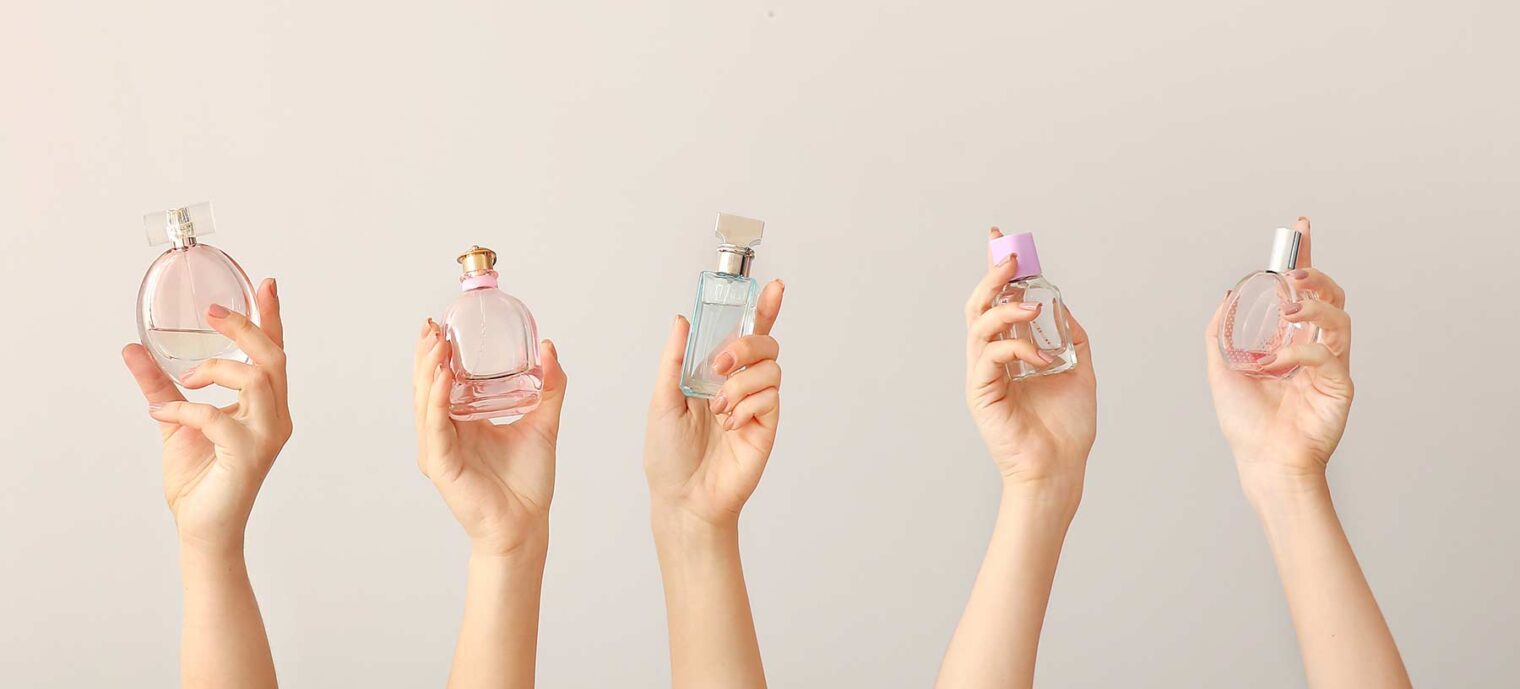- By Joseph Ceniza
- July 31, 2023
- Perfume

Perfume, with its ability to evoke emotions and create lasting impressions, is a treasured possession for many enthusiasts. However, have you ever wondered about the shelf life of your beloved fragrances? How long can you enjoy their captivating scents before they lose their allure? In this topic, we will delve into the world of perfume expiration, uncovering the factors that influence it, debunking common misconceptions, and exploring the science behind fragrance aging.
Understanding Perfume Shelf Life
The longevity of a perfume is influenced by several factors, including its chemical composition, storage conditions, and ingredient quality. The delicate balance of aromatic compounds determines how the fragrance evolves over time. Additionally, the environment in which the perfume is stored can either extend or hasten its expiration.
Common Misconceptions about Perfume Expiration
Misconception 1: “Perfumes last forever”
Contrary to popular belief, perfumes do have a limited lifespan. Over time, the chemical reactions taking place within the fragrance alter its scent profile, leading to a gradual deterioration of the fragrance’s quality.
Misconception 2: “Expiration dates are arbitrary”
Many perfumes come with expiration dates indicated on their packaging. These dates serve as a guideline for the expected shelf life of the fragrance, based on its formulation and expected stability. Ignoring these dates can result in disappointing olfactory experiences.
Misconception 3: “All perfumes expire at the same rate”
Different perfumes age differently. Factors such as the quality of ingredients, concentration, and the presence of certain volatile compounds can influence the rate at which a fragrance deteriorates. Hence, it is essential to understand that each perfume has its own unique expiration timeline.
The Science of Perfume Aging
Perfume aging involves several chemical reactions that impact the fragrance’s composition and overall appeal. Oxidation, caused by exposure to air, can lead to changes in scent notes and a loss of freshness. Photodegradation, triggered by exposure to light, breaks down fragrance molecules, resulting in altered fragrance profiles. Evaporation, caused by exposure to heat and air, can lead to the loss of top notes, which are the initial scents experienced when applying the perfume.
Impact of Aging on Fragrance Notes
As a perfume age, its fragrance notes undergo transformations. The top notes, which provide the initial burst of scent, are the most susceptible to fading. The heart notes, responsible for the perfume’s character, may also evolve, losing some of their original vibrancy. The base notes, providing depth and longevity to the fragrance, tend to last the longest but can still be affected by aging.
Signs of Perfume Degradation
To determine if a perfume has expired, one must look out for specific signs. Changes in the scent profile, such as an unbalanced mix of notes or a fragrance that has become faint or distorted, indicate that the perfume is past its prime. Physical changes, such as discoloration, separation, or cloudiness, are also indicative of degradation.
Maximizing Perfume Shelf Life
To extend the shelf life of your perfumes, proper storage techniques are essential. Keep your fragrances away from extreme temperatures and humidity, as they can accelerate degradation. Shield them from direct light exposure, which can trigger photodegradation. Additionally, avoid exposing the perfume to air and moisture, as they can facilitate oxidation and evaporation.
Tips for Preserving Fragrance Integrity
Using atomizers or decanting perfume into smaller containers can minimize the perfume’s exposure to air and prolong its freshness. Rotating perfumes instead of using the same fragrance every day allows each bottle to rest and maintain its quality. Layering different perfumes can also create unique scent combinations while reducing individual usage.
Identifying Storage Enemies
Certain substances can adversely affect perfume quality. Avoid storing perfumes near heat sources, such as radiators or windows, as heat can accelerate aging. Similarly, keep perfumes away from humid environments like bathrooms, as high moisture levels can lead to spoilage.
Conclusion
Understanding the expiration of perfumes is vital for perfume enthusiasts. By considering factors like chemical composition, storage conditions, and ingredient quality, one can better preserve the lifespan of their favorite fragrances. Proper storage techniques, such as controlling temperature and humidity, limiting light exposure, and preventing air and moisture contact, contribute to extending perfume shelf life. By taking these measures, perfume enthusiasts can continue to enjoy the captivating scents of their cherished fragrances for an extended period.
ABOUT MAHARLIKA PERFUMES
Your scent hints who you are. We at Maharlika perfumes aim to provide world-class and high-quality luxury fragrances that carry the banner of our country Philippines, bringing our identity as Maharlika people to the world. Founded in 2022 by a group of Filipino perfume enthusiast, we commit to always distinguish and produce astonishing perfumes that represent you.


